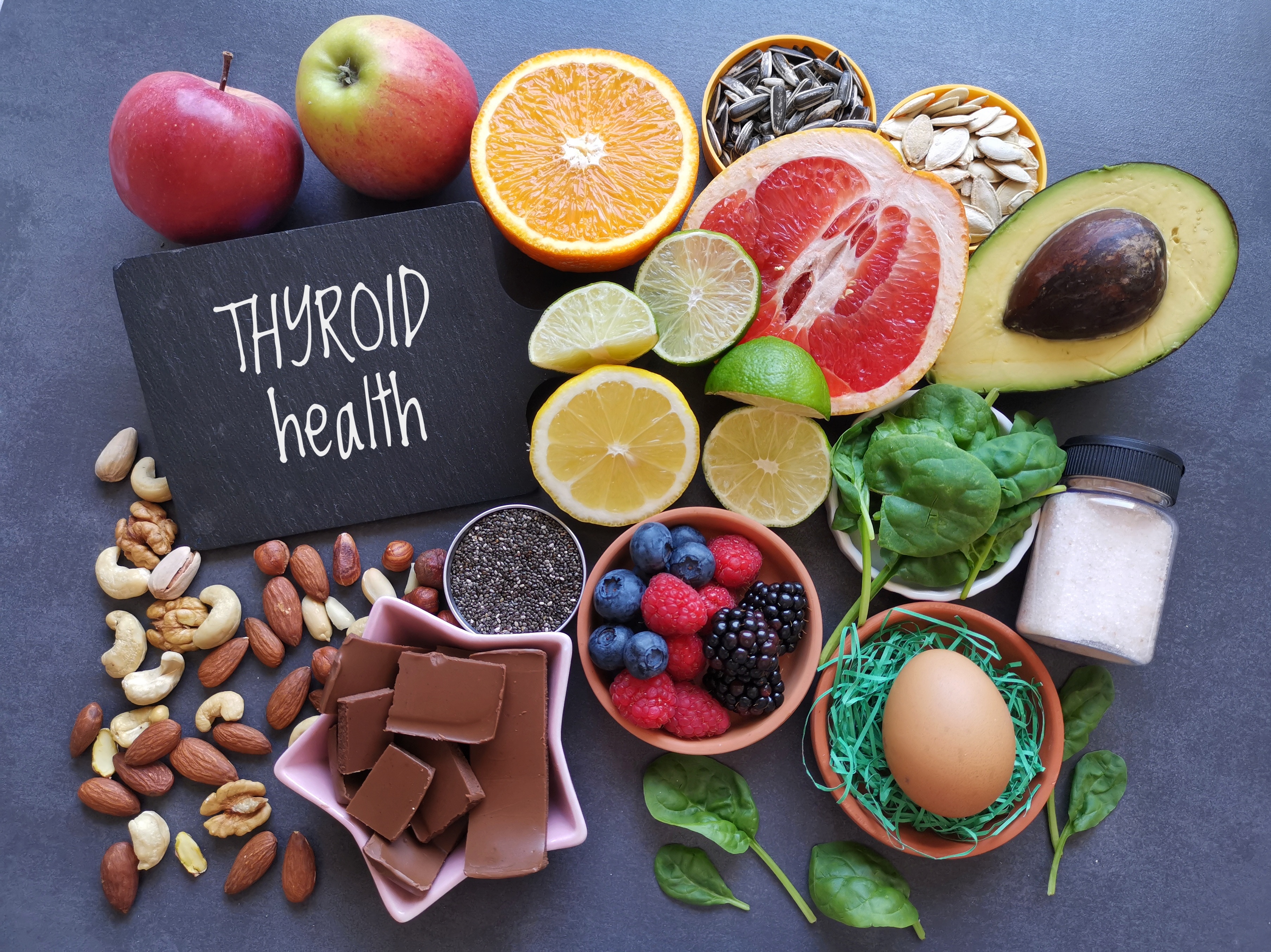Why Thyroid Health Matters for Moms and Moms-To-Be

If you’re a mom or preparing to become one, you know that your body’s needs change in big ways. Staying healthy and balanced becomes even more crucial as you juggle caring for yourself and your little one. Yet, one often overlooked aspect of health during this time is thyroid health. This small gland at the base of your neck has an important job, controlling things like energy, mood, metabolism, and even your heart.
Because the thyroid is tied into so many important body functions, any imbalance can really affect how you feel. And if you’re expecting, it can also impact your baby’s development. Your body is already shifting in countless ways, and small changes in thyroid function can have a big impact. Recognizing and managing any thyroid conditions early on gives you a better sense of control, supporting both you and your baby on the journey ahead.
The Role of the Thyroid in Women’s Health
The hormones released by your thyroid play a significant role in many of your body’s everyday functions—regulating things like temperature, digestion, and even muscle strength. When you’re pregnant, the thyroid’s job intensifies, with hormone production increasing by around 50% to meet your body’s heightened demands, along with a similar rise in daily iodine needs. Keeping your thyroid balanced can be the difference between feeling like yourself and feeling completely drained. [1]
When it’s out of sync, you might notice symptoms like unexplained weight changes, mood swings, or constant fatigue—things no one needs during such a critical time. Thyroid problems can come up at any time in life, but pregnancy often brings them to light. During this time, your thyroid has more to handle than usual, which sometimes causes it to struggle to keep up.
That’s why regular check-ins with healthcare providers who understand these specific needs are so valuable; they can help you in managing thyroid imbalances and stay on top of things. If you notice signs like being extra tired, gaining weight unexpectedly, or feeling more sensitive to cold, consider bringing it up with your health care provider. Tuning into these signals early can lead to a healthier, smoother pregnancy and postpartum experience.
How Thyroid Health Affects Fertility and Pregnancy
Thyroid health is closely tied to fertility and pregnancy, impacting everything from regular cycles to ovulation. If you’re thinking about starting a family, a quick thyroid assessment can ensure your body is well-prepared. Balanced thyroid hormones play a role in making conception easier, while any imbalance might prompt your body to prioritize other functions over reproduction.
Once you’re pregnant, your thyroid’s job only gets bigger. It now has to produce enough hormones to support both you and your baby, especially in the first trimester when your baby relies on your thyroid hormones for growth and brain development. Low thyroid function can lead to complications, so regular check-ups give you peace of mind.
After birth, the thyroid might still go through some changes. Some moms experience postpartum thyroiditis, which can bring on temporary or lasting imbalances. Knowing what to watch for can help you manage your energy levels as you adjust to life with a newborn.
Common Thyroid Disorders and Their Impact
The two main thyroid issues affecting women are hypothyroidism and hyperthyroidism. Hypothyroidism, or an underactive thyroid, slows things down, bringing symptoms like fatigue, unexplained weight gain, and moodiness. This can be especially challenging during pregnancy, as your body works to meet greater demands. Hyperthyroidism, on the other hand, speeds things up, often causing restlessness, irritability, and unexpected weight loss—adding extra strain on your body.
For pregnant women, both thyroid conditions pose risks if left unmanaged. Hypothyroidism may lead to complications like pre-eclampsia or low birth weight, while hyperthyroidism, an overactive thyroid, can increase the likelihood of preterm labor and affects about 0.2–0.4% of pregnancies. By understanding these conditions and seeking support if symptoms appear, you can protect both your health and your child’s well-being. [2]
Fortunately, treatments are available to help manage both hypothyroidism and hyperthyroidism. Medication and lifestyle adjustments can support steady thyroid function and reproductive health. Partnering with a healthcare provider allows you to develop a personalized plan that keeps you feeling balanced and ready for motherhood.
Diet and Lifestyle Tips for a Healthy Thyroid
A lot of thyroid health comes down to what you eat and how you live day to day. Certain nutrients—like iodine, selenium, and zinc—are essential for keeping the thyroid balanced, as they aid in hormone production. In fact, to maintain healthy iodine levels during pregnancy, the World Health Organization recommends a daily intake of 250 µg. [3]
Adding iodine-rich foods, such as seafood, eggs, and leafy greens, can make a real difference in supporting your thyroid through this important time. Staying hydrated and exercising regularly also do wonders for overall wellness, and your thyroid benefits, too. Managing stress is equally important. When stress levels are high, your thyroid can become unbalanced, disrupting hormone levels.
Finding ways to relieve stress—whether through yoga, meditation, or simply taking a few deep breaths—can be helpful. And let’s not forget sleep; getting quality rest each night allows your thyroid, and the rest of your body, to recharge.
Final Words
Thyroid health is foundational to your well-being as a mom, influencing everything from energy to mood, pregnancy health, and postpartum recovery. Prioritizing a balanced thyroid through good nutrition, regular check-ups, and self-care paves the way for a smoother journey into motherhood. By knowing why thyroid health matters, you’re not only improving your own health but also creating a positive future for your family.
References:
- “Thyroid Disease and Pregnancy,” Source: https://www.ncbi.nlm.nih.gov/books/NBK538485/
- “Iodine Supplementation in Pregnancy in an Iodine-Deficient Region: A Cross-Sectional Survey,” Source: https://pmc.ncbi.nlm.nih.gov/articles/PMC9002466/
- “All about hyperthyroidism and pregnancy,” Source: https://www.medicalnewstoday.com/articles/hyperthyroidism-in-pregnancy







